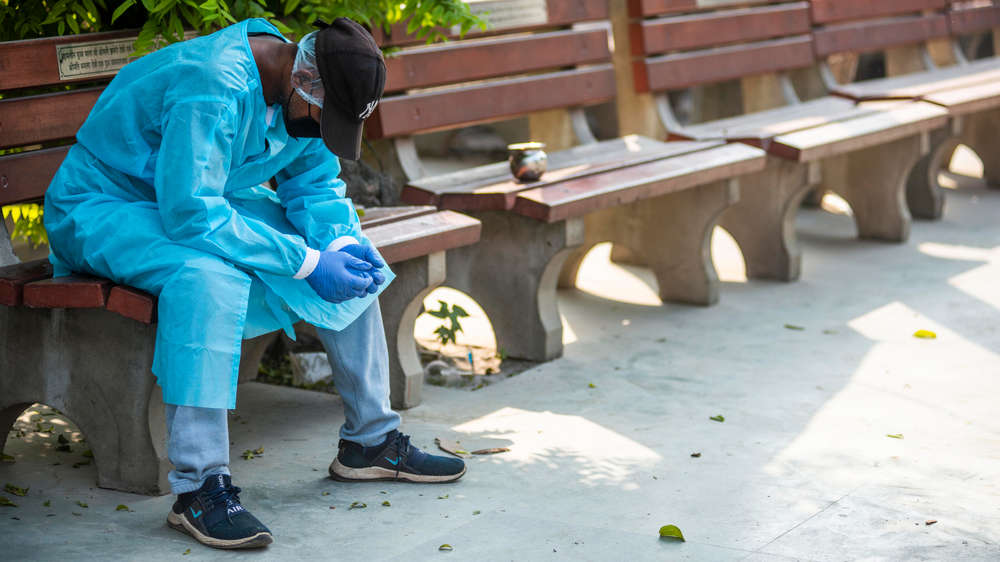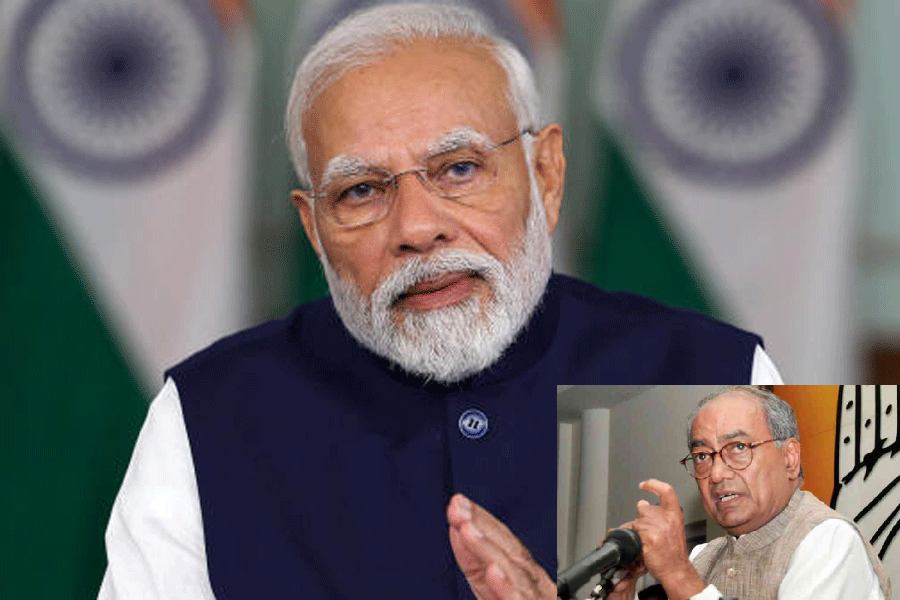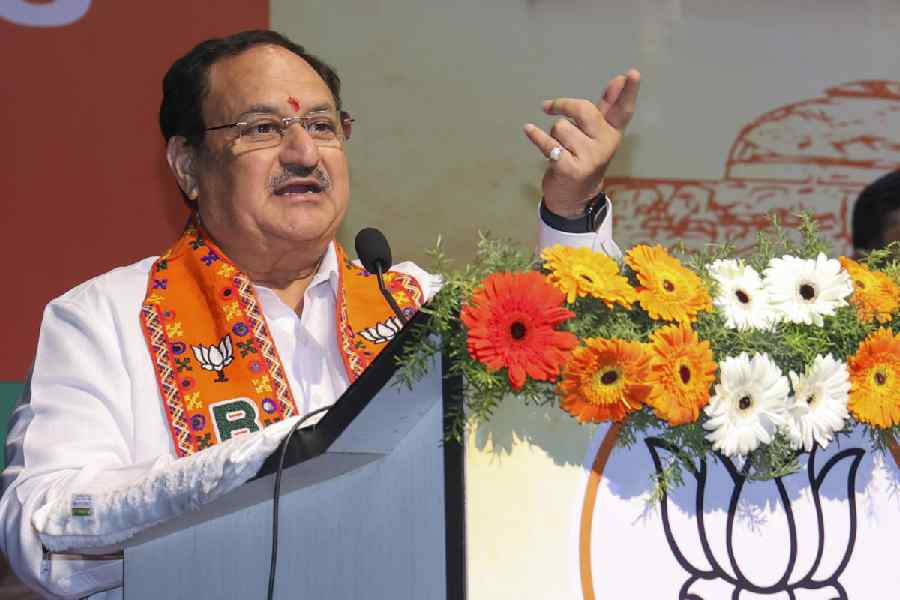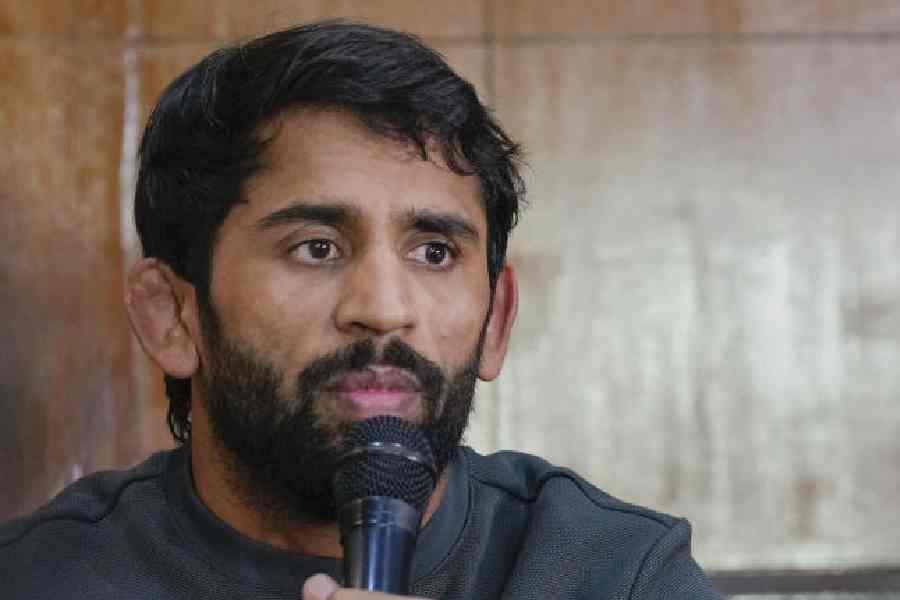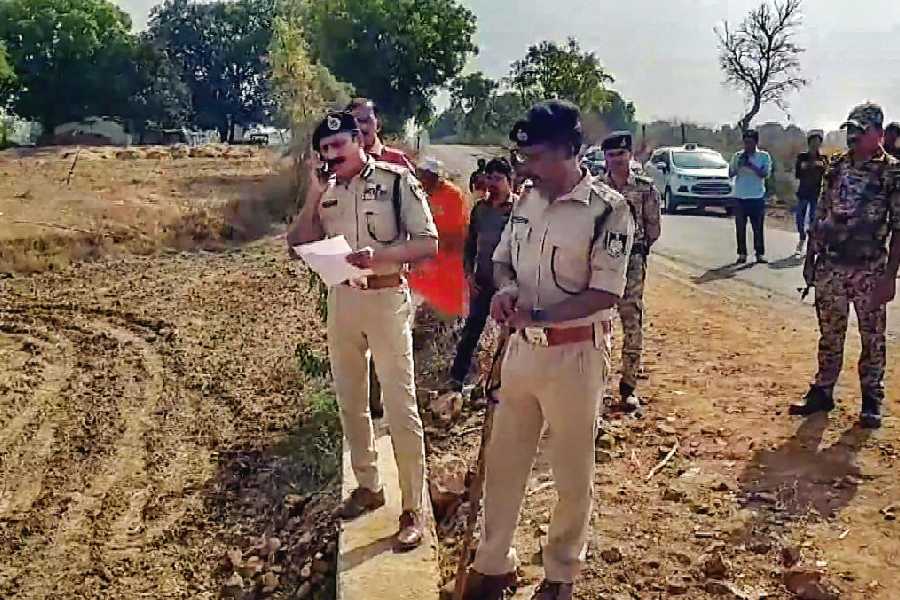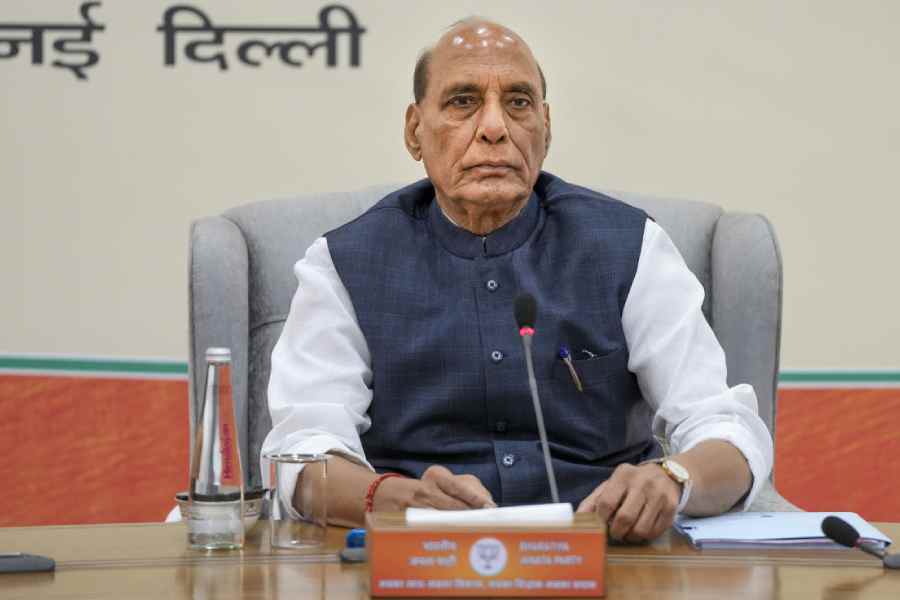The elephant in the room cannot go unacknowledged. A study by the International Labour Organization has found that one out of two young people around the world is now subject to anxiety and depression. The findings are not surprising. Globally, the youth are being forced to confront an uncertain future because of disruptions in education and employment — access to education has become constricted and unemployment is rising on account of the pandemic. Ironically, measures to mitigate the threat of Covid-19 — social distancing norms, for instance — are adding to the burden on the mind. The public discourse on Covid-19 continues to view the contagion in physiological terms. Consequently, little is being said — or done — about its debilitating psychological impact, something that has been brought to light by the ILO survey. This anomaly is not unexpected. Mental health problems were already a major contributor to the burden of illness before the pandemic, with a third of all female and a quarter of all male suicides in the world occurring in India. It is true that India has taken some steps to address the rising tide of mental health problems. The government, for instance, provided online training to healthcare workers to address mental health issues; websites have also been set up to help those unable to cope with the psychological fallouts of the pandemic. But this may well be a case of too little, too late. There are three psychiatrists and even fewer psychologists per 1,000,000 Indians; digital illiteracy and patchy access to the internet mean that help, when available, may not reach those who need it.
The roots of the problem go deeper. India passed its Mental Healthcare Act as late as 2017. The focus of this policy has been on a ‘bio-medical’ and reactive model of care, including clinical interventions and institutionalization of patients. Social determinants of mental healthcare are still ignored, as are the links between physical and psychological health — data show that loneliness can be as lethal as smoking. Daily attention to the mind’s health is as crucial, especially in India where mental ailment remains a deeply stigmatized subject. This is where education and awareness can play a constructive role. Regular counselling at schools and colleges — not just in privileged institutions — can ignite a culture receptive to the importance of the mind as well as the body. India at present spends a shocking 33 paisa for every mentally ill person per year. That may be the reason why the elephant in the room remains invisible.

